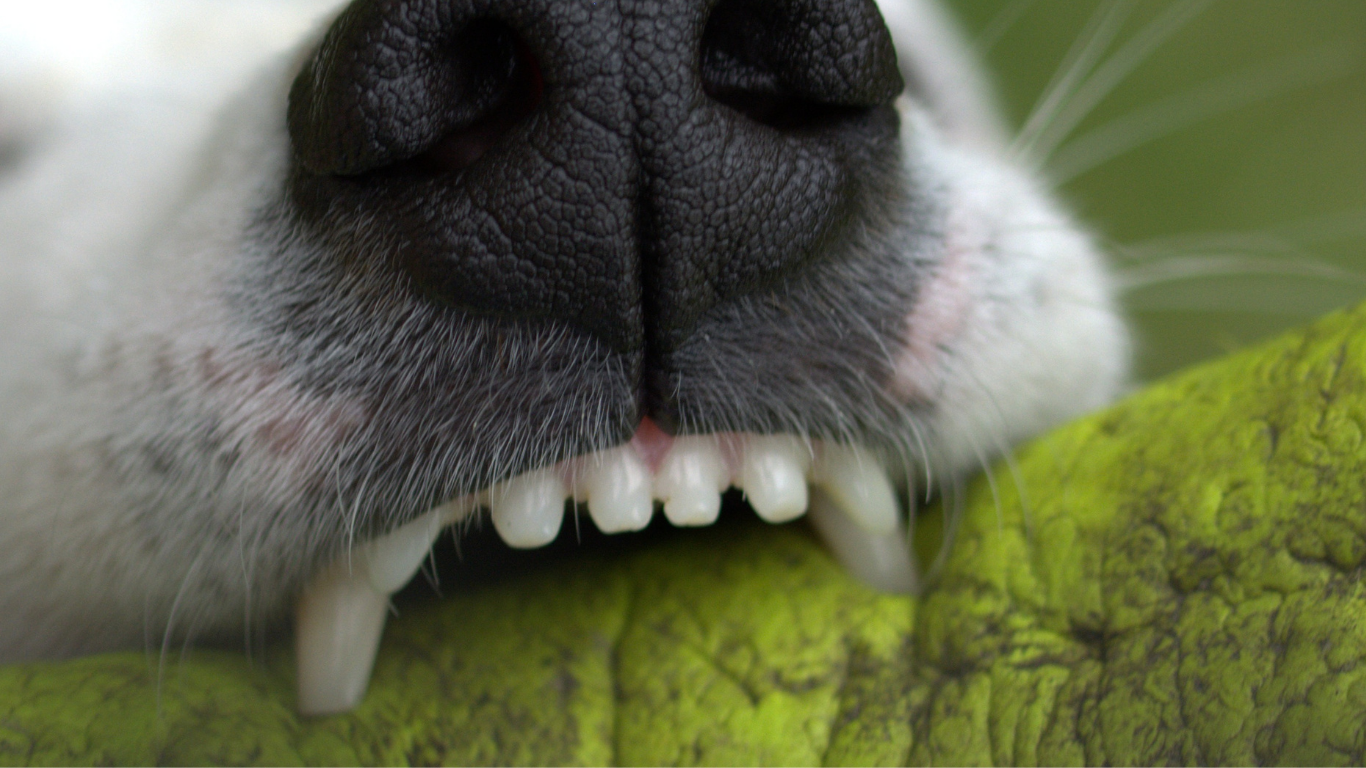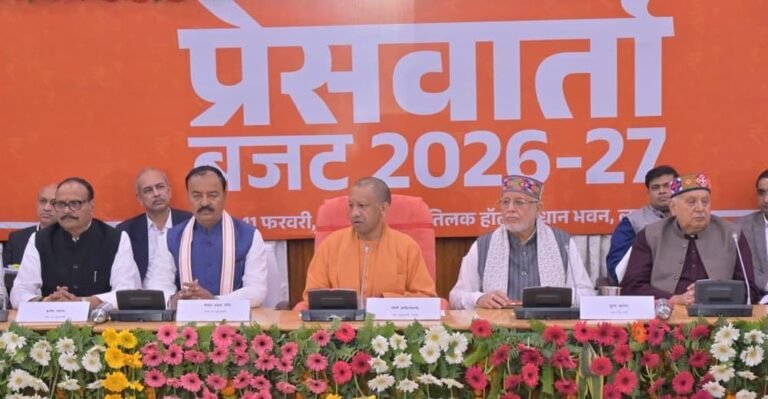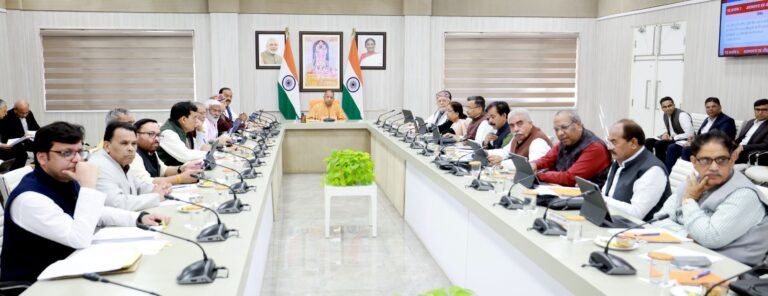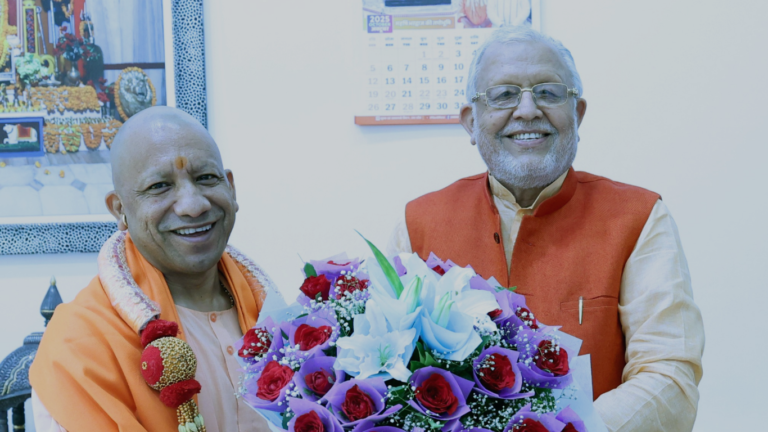
Ambedkar Nagar, Uttar Pradesh – A wave of fear has swept through Lavaiya village in Ambedkar Nagar’s Katka police station area after a pet cow died of rabies, raising concerns among residents who consumed its milk. The incident, reported on July 11, has prompted swift action from health officials and heightened anxiety in the close-knit community. As the situation unfolds, here are the latest updates on this alarming development.
The Incident: Rabies Confirmed in Village Cow
On July 10, a pet cow in Lavaiya village showed alarming symptoms, including aggressive behavior and excessive salivation, after being bitten by a stray dog weeks earlier. Veterinary officials confirmed the cow’s death was due to rabies, a deadly viral disease. The news sent shockwaves through the village, as 16 residents who had consumed the cow’s milk feared possible exposure. Rabies, though rarely transmitted through milk, sparked panic due to its near-100% fatality rate once symptoms appear. The villagers rushed to the nearest primary health center to receive anti-rabies vaccines as a precaution. The incident has left the village on edge, with many questioning the safety of local livestock and pets.
Health Department’s Swift Response
Following the cow’s death, the Ambedkar Nagar health department acted quickly. On July 11, a team visited Lavaiya village to assess the situation and provide guidance. The 16 affected residents were administered the first dose of the anti-rabies vaccine, with follow-up doses scheduled over the next few weeks. Health officials also launched an awareness campaign, urging villagers to report animal bites and vaccinate pets and livestock. A veterinary team is monitoring other animals in the village for signs of infection. “We’re doing everything to ensure safety,” said a district health officer. “Rabies is serious, but timely vaccination is highly effective.” The department is also working to identify and control stray dogs in the area to prevent further incidents.
The Bigger Picture: Rabies in India
This incident underscores the ongoing challenge of rabies in India, which accounts for a significant portion of global rabies deaths. Despite a 75% reduction in rabies fatalities in recent years, around 5,700 deaths still occur annually, often due to delayed treatment or lack of awareness. Rural areas like Ambedkar Nagar face higher risks due to limited access to vaccines and stray dog populations. The central government aims to eliminate rabies deaths by 2030, but incidents like this highlight the need for animal control programs. Lavaiya’s ordeal is a wake-up call for stronger prevention measures across Uttar Pradesh.



